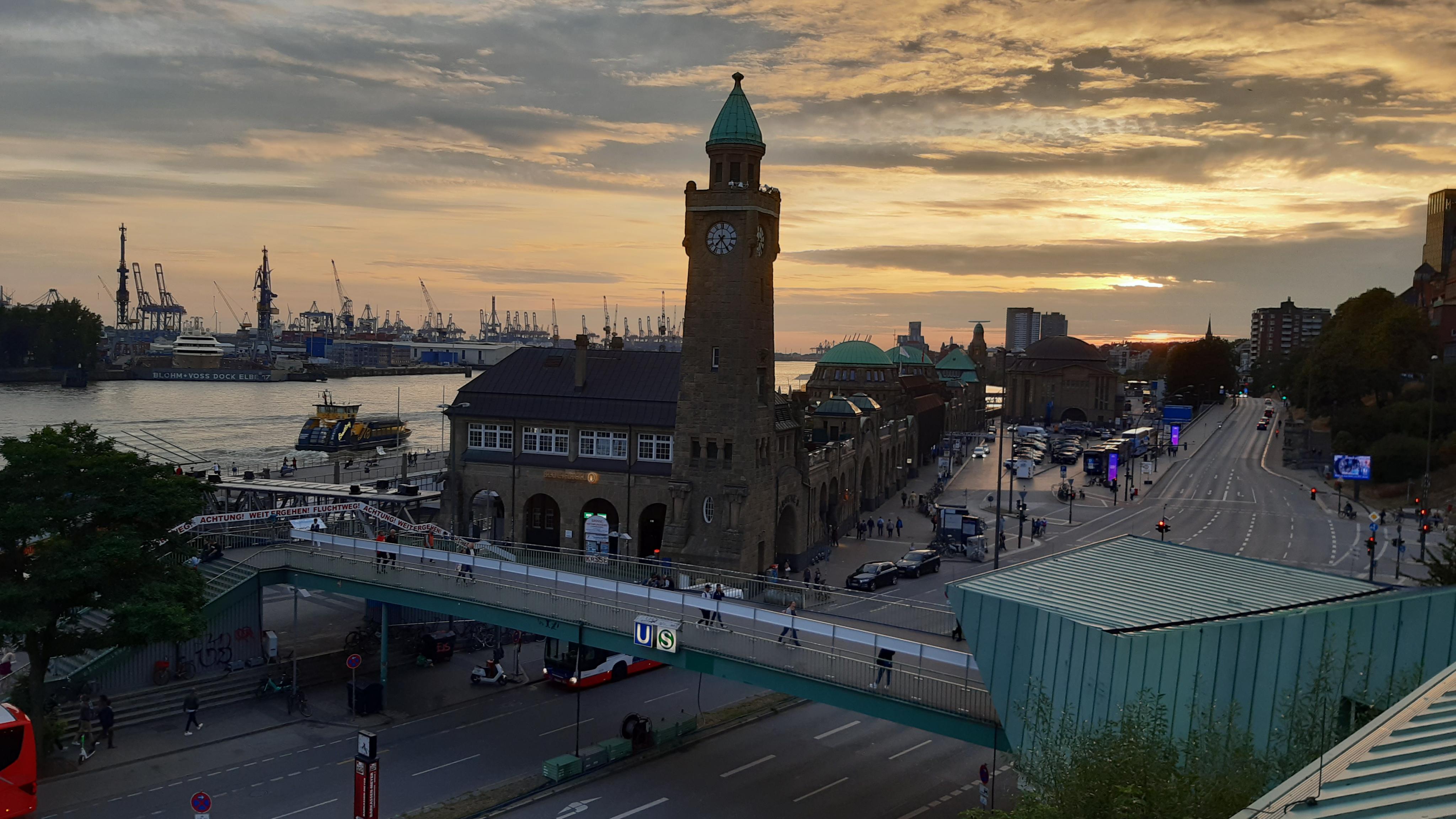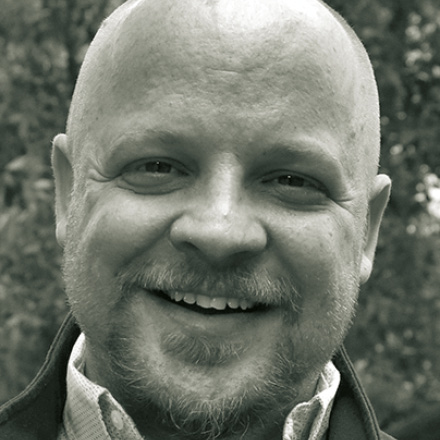Turkey’s government cracks down on Cumhuriyet
Cumhuriyet is a newspaper with a long history. It was started in 1924, its name means “republic” and it has always endorsed secularism. In recent times, it was the strongest opposition voice in the Turkish media. This week, its editor and several members of the editorial team were arrested. President Recept Tayyip Erdogan blames them of supporting Fetullah Gülen, whom he accuses of terrorism and a coup attempt in summer.
Gülen is the leader of an Islamist movement and Erdogan’s former ally. Erdogan’s party, the AKP, is also inspired by Sunni Islam. Both have, in the past, been criticised by Cumhuriyet.
Erdogan has been in power in Turkey since 2003. First, he served as prime minister, until he became president in 2014. His attitude has been becoming ever more authoritarian. Since the failed coup attempt in summer, he has been hounding down Gülenists. Given the Cumhuriyet’s history, it is absurd to claim it belongs in the Gülen camp, but Erdogan does so anyway.
At the moment, accusing opponents of Gülenism equals accusing them of terrorism and, in Erdogan’s eyes, it justifies all sorts of repression. He says that foreign observers don’t understand the situation Turkey is in, but it is actually rather obvious. Erdogan is intimidating everyone who does not agree with him. He says he is targeting a specific group, but the people concerned know perfectly well that this a pretext. His main message is that he is in control and that he is willing to crush any kind of opposition.
Unfortunately, this kind of witch hunt is typical for populist leaders who come to power. They cannot bring about what they promise – an imaginary world of national harmony without dissent. In reality, nations are always diverse, and so are religious groups. Sunni Islam, for example, has spawned the AKP and the Gülen movement – and it exists in many other forms as well.
Once they are in power, populist leaders must do something to stay on message. They cannot let go of the imaginary harmony they promise, so they the begin to fight all sorts of “traitors”. Public life does not become safer and more peaceful under populist rule, it becomes more hysterical and prone to aggression.
In this context, it is worth mentioning Rodrigo Duterte, the populist president of the Philippines. It is estimated that 4000 persons have been killed since he came to power at the end of June. Duterte and his supporters claim that the victims are drug dealers and drug addicts and that eliminating means to safeguard law and order. Those claims are dangerous nonsense. The killers are vigilantes and official security forces. They are not enforcing the law; they are pretending to be above it. The killers are unaccountable. It would be utterly naïve that they only kill people who are really guilty of crimes. Of course, they are killing others as well. Rule of law means that every person, even the worst criminal, has the right to be put on trial before a regular court.
In Turkey, Erdogan is pressing ahead with silencing all opposition voices in the media. He is breaching human rights and democratic principles. He wants to show his supporters who believe in his populist vision that he is a strong leader fulfilling his promises. Silencing public debate, however, is not a sign of strength. It is a sign of weakness.











